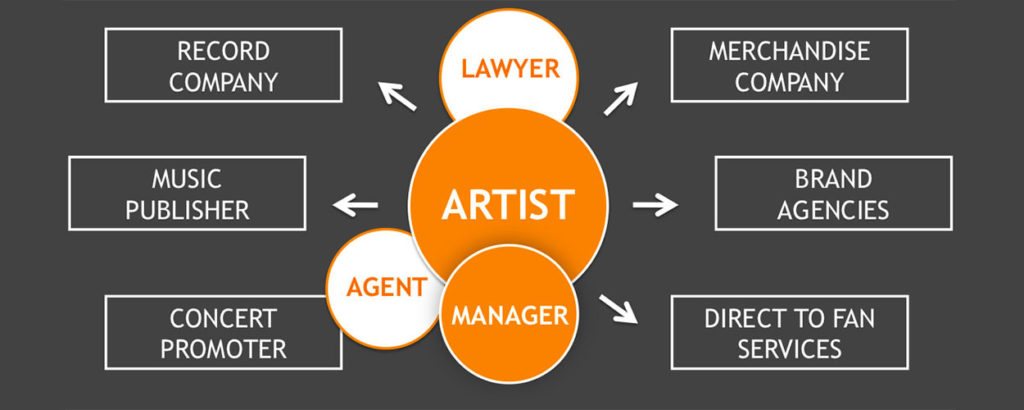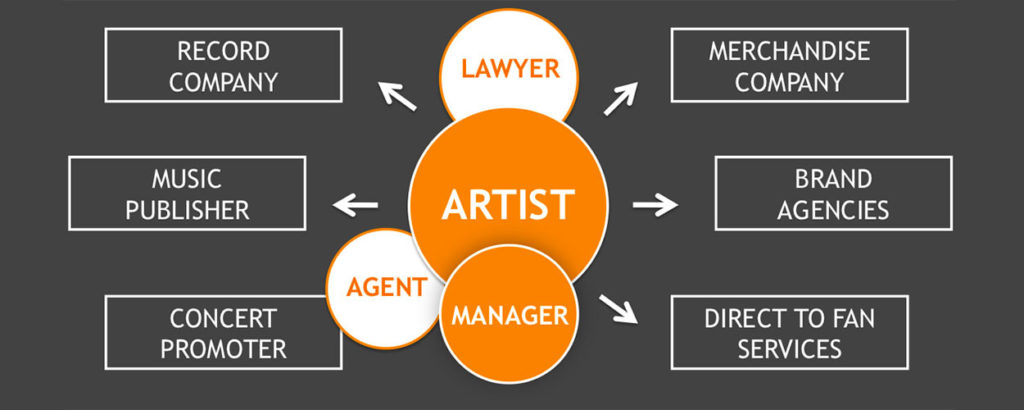
Yep, you heard us. Your beloved music teacher might not feel so warm and fuzzy when they think about you and the joy you (don’t) bring into their classroom.
Please note: your teacher doesn’t actually hate you. By being an educator, your teacher automatically loves you and wants what’s best for you during your school days and beyond. Your teacher has sacrificed unimaginable things in order to show up every day and passionately teach you and your classmates. A teacher’s love can never be doubted and should never be forgotten. Here are 9 ways that you’re getting on your teacher’s nerves.
1. You have a lot of excuses
Every mistake you make, every wrong note you play, and every time you’re late, you have an excuse. Sometimes excuses are warranted, but most of the time, you’re full of it (and you know it). Now multiply your excuses by 200 students and you’ll begin to understand why teachers don’t have time for that.
2. You’re late every day
Teachers have heard it all: “my mum didn’t wake up”, “my alarm didn’t go off”, “I stayed up doing homework last night”, “I have to get a breakfast burrito from this special café and they don’t open until 5 minutes before class”, and on and on and on. As humans, we all know what it’s like to be late. Everyone has been late to something, and we’ve all had excuses, valid or not, for our tardiness. The difference between you and someone who has only been late once (and was horrified with themselves), is you allow yourself to be late every day. Allowing yourself to ride on bad excuses is not only lazy, but it’s disrespectful to your classmates, your teacher, and your ensemble. By being late every day and having an excuse, you’re subconsciously showing everyone that your lateness and your excuse is more valid than their time. Every day, everyone waits on you to arrive. Your section isn’t complete until you sit down. Every piece they play will have something missing until you arrive. Are your excuses really more important than the integrity and time of your classmates? No. Show some respect, and show up when everyone is expecting you to.
3. You don’t hold yourself accountable
Speaking of chronic lateness, your teacher will slowly lose respect for your integrity the more your excuses take over your character. Accountability is the courage to hold yourself to a standard, and the honesty to admit when you’re not meeting that standard. Your excuses and/or lateness show that you have no accountability for yourself as a good student or team player. If you really couldn’t care less about your accountability, it’s time to kick yourself in the butt and work on changing your attitude. You might be going through a rough patch with your attitude, but if your apathy and disinterest has been going on for a while, please speak with your parent, counsellor, or a trusted teacher to see if your current attitude could be something more serious.
4. You don’t hold your classmates accountable
Is your section leader continuously late, and your entire section always has excuses for why they can’t meet for sectionals? Stand up for yourself and for the integrity of your ensemble. Let your friends know that they are disrespecting your time and that they are wasting theirs with excuses. Show your classmates what it looks like to be a respectful, honest, and disciplined member of the ensemble. Your teacher knows who stands up for what’s right and who goes with the flow of bad attitudes. Don’t be a follower when it comes to cynicism and laziness. You’re better than that!
5. You never practice
Believe me when I say this: your teacher does not expect every student to become music majors in college. They don’t even expect 10% to go on to do music as a career. If your music teacher is militant in your practice requirements, understand that they know you might not be playing in a few years. They certainly hope you will always love music and your instrument, but they aren’t giving you weekly exercises solely for the purpose of acing your college audition. So, your excuse of “why should I practice if I’m not going to be a musician after high school?” is invalid. Your teacher is teaching you so much more than your instrument. They have carefully handcrafted your practice requirements and expectations through experience and research in order to help you grow your skills in:
- Coordination
- Work ethic
- Time management
- Social/emotional awareness
- Habit building
- Self-discipline
- Problem-solving skills
- Audio/visual connections
- Feelings of success and growth
- Commitment
- Team building/social growth
And of course,
- They want you to sound good and have an amazing experience in your ensemble!
Your practice regimen is for your growth, so use it! Use the time you have with these friends and this loving teacher and this instrument and this music while you still have it. Don’t wake up one day when you’re old and realise you never took advantage of the opportunities you had “back in the day”.
6. You don’t aim high
You are in music for a specific reason. Maybe you love it, maybe you’re good at it, maybe your friends told you to join, or maybe your parents are forcing you to stay. Your teacher respects you and loves you no matter why you are in their class. However, if you are the type of student who consistently avoids learning and growing by not showing up, not taking advantage of opportunities, not practising, or not participating, you are slowly breaking your teacher’s heart. They have poured their blood, sweat, and tears into a career where they have to peel apathetic students off the floor to teach them to gracefully play a $5000 noisemaker. You’re already in the class, why not just try? Actively avoiding effort is actually harder than just participating while you’re in class. Avoiding growth wears you down emotionally and mentally, and it brings down those around you. Just try!
7. You aren’t a team player
Every students’ efforts (or lack of effort) play into the cumulative success of the ensemble. If you aren’t a team player, you’re bringing your whole ensemble down. All of the positive vibes that your 60 classmates brought into the room are slowly being negated by your bad ones. Don’t be that person. It wears down your teacher and hurts your ensemble.
8. You are a show-off
Few things drag down the morale of an ensemble more than a noisy, boastful, self-proclaimed prodigy. We’ve all bragged at one point or another, feeling over-confident in ourselves to an embarrassing extent. It’s normal, and something we should learn from. However, if you’re constantly stealing the stage, putting others down, or continuously interrupting your teacher to correct them and add to their lecture, you’re crossing the line.
Are you awesome? The best ever? Great – show, don’t tell. If you are as amazing as you think you are, your classmates will know. Remember that tingly intuition you get on the first day at a new school, where you automatically collect first impressions on everyone around you? You can always kind of tell who is nice, who is a bully, who is scared, who wants to be your friend, etc. If you exude healthy confidence and you are humbly a great musician, everyone around you will know it. And when they hear you play/sing for the first time? They will be floored – in awe of your great musicianship and your kind and humble personality. Sounds like a win-win to me.
9. You act entitled
Your teacher is fully aware of the background of every student in their classes. Some of your classmates may be extremely privileged, while others are tragically underprivileged and even stemming from abusive or dangerous backgrounds. When you walk into your classroom, your teacher is expecting you to respect everyone as equals and show sensitivity to those who come from less opportunity than you. Your teacher is actively trying to make all students feel appreciated, loved, and on equally obtainable trajectories to success.
When your teacher asks you all to do little tasks (stack your chairs, turn in your music, help clean up after a pizza party, write thank you notes to clinicians) and you refuse on the basis of “I don’t want to” or “I don’t have to”, it shows a level of arrogance and entitlement that is inappropriate for the classroom. Your teacher is asking you to do these tasks to teach you respect, self-awareness, gratitude, and responsibility. Your teacher does not care how spoiled you are at home. In their classroom, you should help out, and not show an entitled or spoiled attitude in front of students who might be working 10 times harder than you outside of the classroom.
Noticing a trend? How many of these traits have to do with your musical prowess, your knowledge of theory, or your stage presence? Zero. Absolutely none. Every single trait on this list is not exclusive to the music classroom. If you notice these bad habits creeping up in your music classes, chances are they are spilling over into all areas of your life. Nip these habits in the bud before they define you.
Your teachers know that you’re going through a time of change and self-discovery in terms of your personality and your attitude. If you find yourself being a jerk, just own it. Apologise. Come to terms with the fact that you don’t want to become that person. Your teacher and your colleagues will respect you so much for your honesty. You can turn it around!




